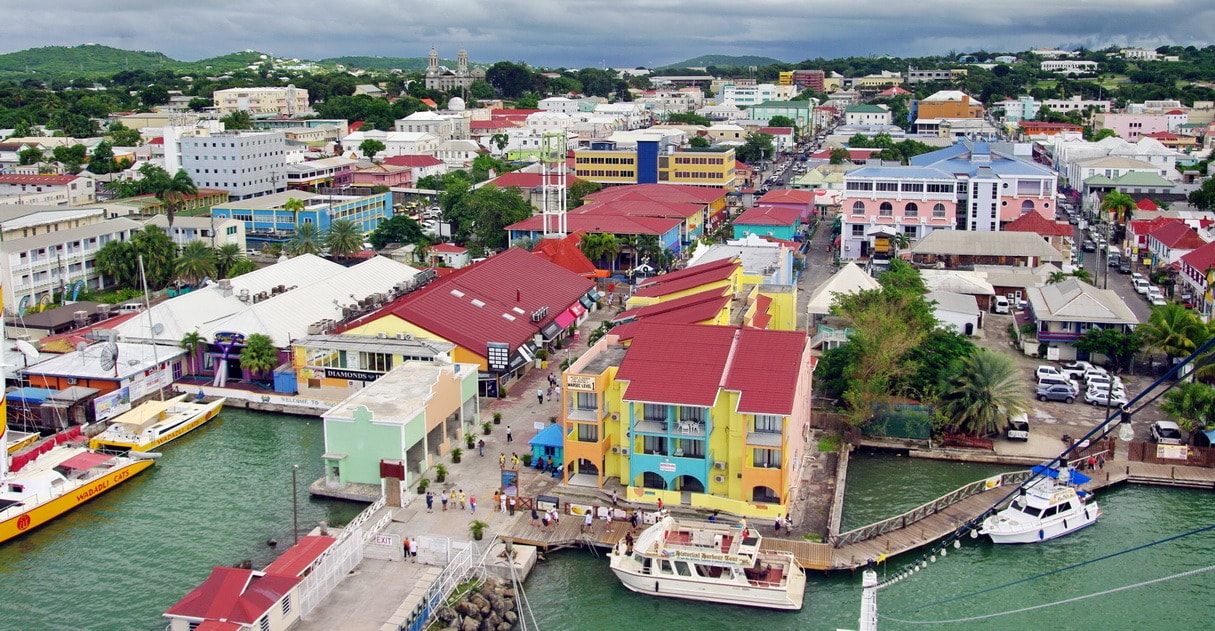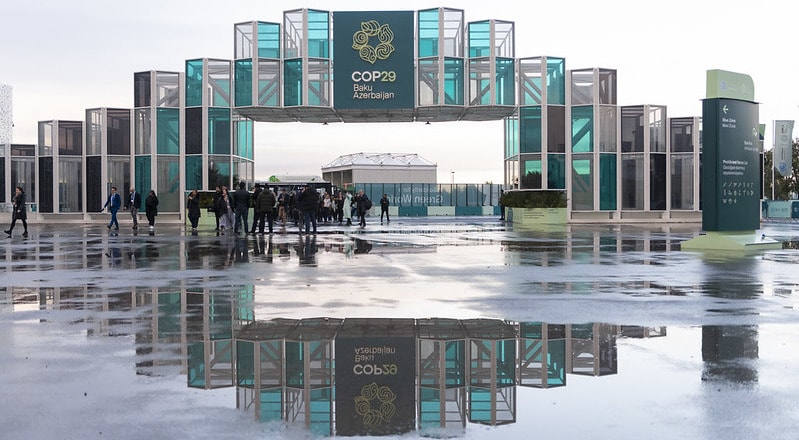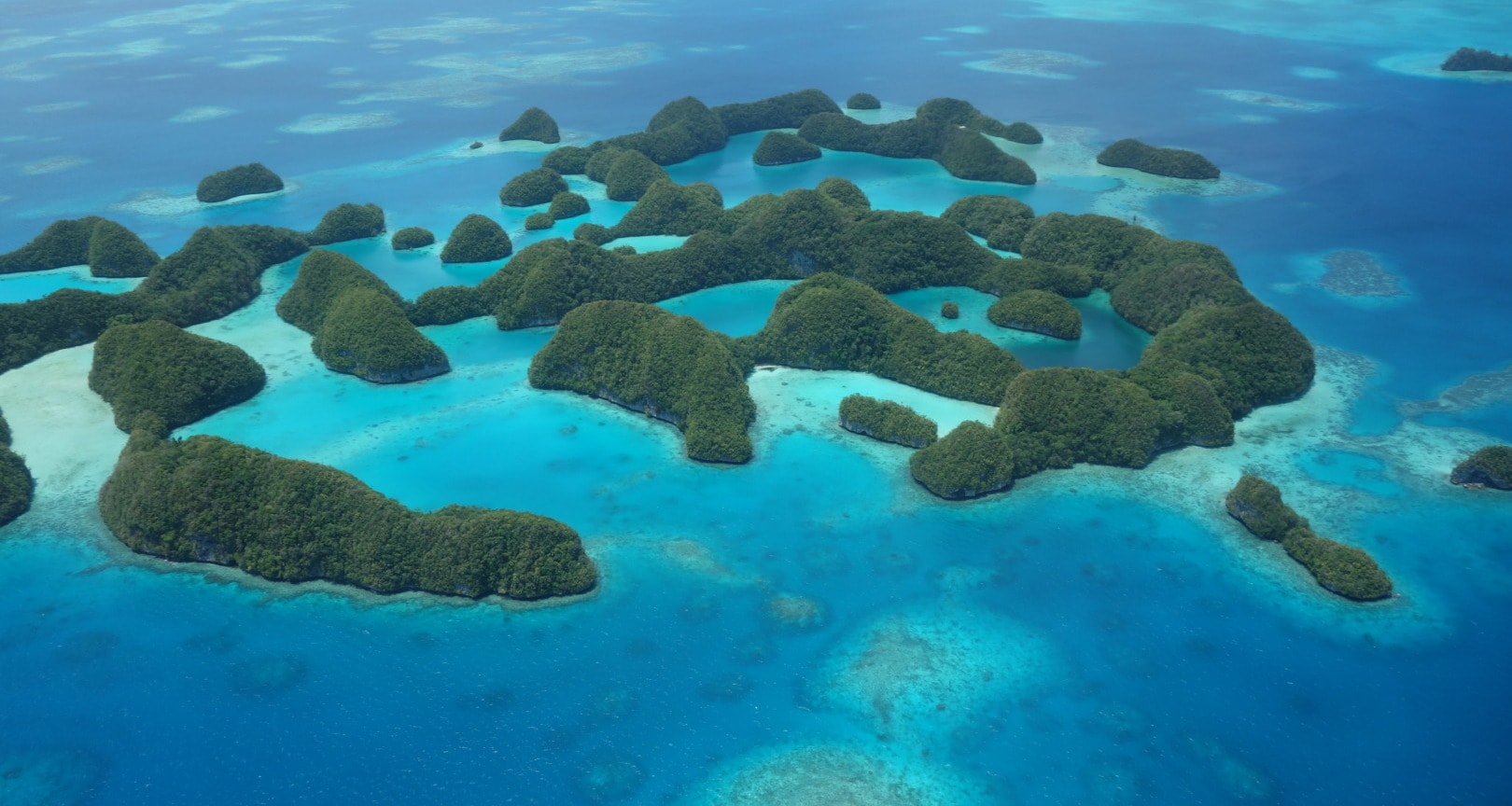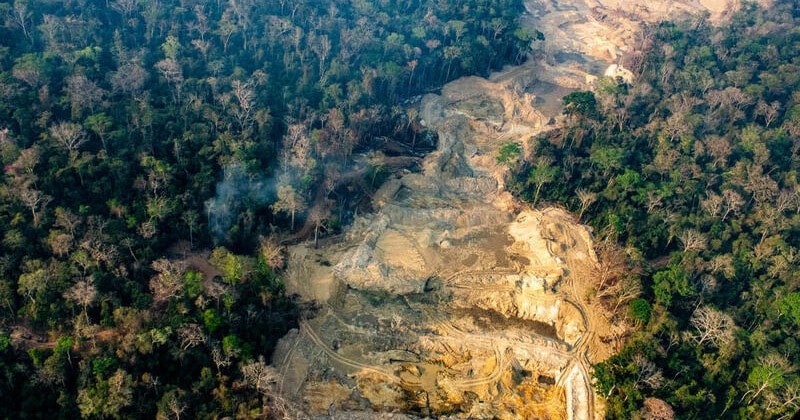While the outcomes from Baku fell short of our aspirations, we remain optimistic about the road ahead. The New Collective Quantified Goal on Climate Finance (NCQG) provides a baseline, not a ceiling, and we must work towards building on it. As champions for climate action, we’re determined to strengthen our position in the fight for sustainable development and climate resilience. Encouragingly, we’re witnessing a surge in engagement from non-state actors, from private sector innovators to community-driven initiatives. These collaborations hold immense potential to bridge gaps and accelerate progress where traditional frameworks fall short.
Small Island Developing States (SIDS) stand on the frontlines of the climate crisis, experiencing its impacts with a disproportionate intensity compared to their contribution to global greenhouse gas emissions. Collectively, SIDS contribute less than 1% of global greenhouse gas emissions, yet they face the gravest consequences of the climate crisis. Rising sea levels, intensifying storms, ocean acidification, and biodiversity loss are just some of the threats we face that directly affect our socio-economic stability. These unique pressures have also driven SIDS to adapt with extraordinary ingenuity. While limited economic options create hurdles, these same limitations inspire innovative solutions.
United in Building Resiliency
“We have crossed many oceans and continents to meet here for a comprehensive outcome on the finance goal. We had more hope that the process would protect the interests of the most vulnerable and those with the least capacity. Nevertheless, we once again have shown how the global community can come together to find solutions that serve humanity,” noted the Honourable Cedric Shuster, Samoa’s Minister of Natural Resources and Chair of the Alliance of Small Island States (AOSIS) during his closing statements at COP29.
Islanders have long been beacons of resilience, making the most of limited resources at hand. So while SIDS communities are on the frontlines of the impacts of climate change, they have also been at the leading edge of innovation.
“Make no mistake,” Shuster continued, “the urgency for taking climate action to address the ever-worsening impacts of climate change remains. The level of ambition for taking climate action needs to be much, much higher. And it is our great hope that the additional finance administered as a result of the new goal will help get us there.” From renewable energy transitions to ecosystem-based adaptation, SIDS are demonstrating what climate leadership looks like. Island and coastal communities offer scalable models for sustainable development, and create the tools necessary to implement these solutions.
This is best exemplified by the work we carry out at the Caribbean Climate-Smart Accelerator, where we unlock private funds for shovel-worthy projects in the region that increase community resilience, capacity, and overall adaptation to climate change. After identifying the need for open access to data that highlights the climate vulnerabilities faced by specific Caribbean communities, we created the Climate Smart Map, which visualises the data around these vulnerabilities, implemented policies, and ongoing projects, highlighting which organizations are actively developing solutions in the region.
The Map’s data can guide informed decision-making and strategic planning for communities facing climate challenges. This is the innovation happening not just in the Caribbean, but across the world’s islands. Regardless of the results at these conferences, SIDS will maximise opportunities and find ways to support our homegrown projects.
Related Articles: Prince Edward Island: A Beacon of Innovation | Global Sustainable Island Summit Highlights Innovations and Solutions for Island Communities
The Road to Brazil
As innovators, SIDS can shift the narrative from vulnerability to leadership, further strengthening our influence on global climate discourse. Although we do need greater action at a global level from major economies, SIDS can continue to lead by leveraging the projects and tools we develop at a local level. Our unified voice can also highlight global justice issues, such as the disproportionate financial burdens of climate adaptation which has been a major topic of discussion at COP29.
“We needed this to be an enabling COP, which helped translate the pledges of COP28 into real world outcomes to protect people, prosperity, and the planet — that is what we’ve made possible,” stated UNFCCC Executive Secretary and native Grenadian Simon Stiell in the closing plenary. “No country got everything they wanted and we leave Baku with a mountain of work to do […] so this is no time for victory laps, we need to set our sights and redouble our efforts on the road to Belém” — while we continue to build coalitions, strengthen partnerships, and demand accountability from the global community.
In unity lies strength, and in strength lies the power to transform the course of climate action. Support developing states by investing in the tools and solutions driving climate resilience and innovation.
Editor’s Note: The opinions expressed here by the authors are their own, not those of Impakter.com — Photo Credit: Asad Photo Maldives.











